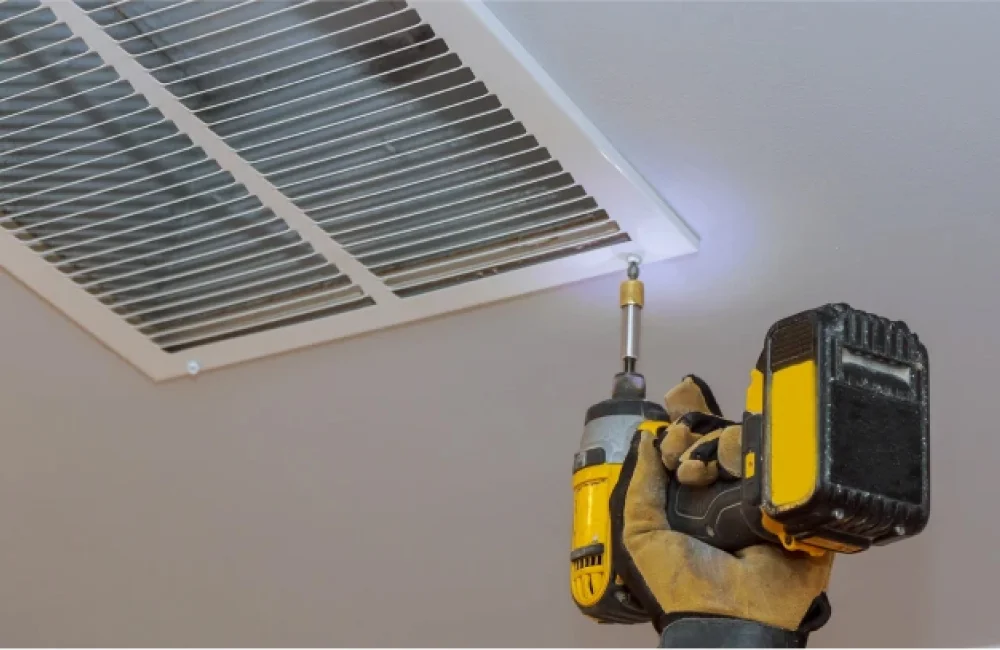Maintaining the right humidity level in your basement is crucial for preserving your home’s structural integrity, ensuring a healthy living environment, and preventing costly repairs. So, what should basement humidity be? It’s a question many homeowners and real estate developers often ponder. Let’s dive deep into this topic to understand the optimal levels, how to achieve them, and why they are so important.

Understanding Basement Humidity
Humidity in your basement can affect the overall comfort and longevity of your home. Too much humidity can lead to mold growth, wood rot, and pest infestations. On the other hand, too little humidity can result in dry air, which can cause respiratory issues and discomfort.

The Ideal Basement Humidity Level
Experts generally agree that the ideal humidity level for a basement should be between 30% and 50%. Maintaining this range helps prevent mold growth and dust mite infestations while ensuring the air is not too dry.
Why 30% to 50% Humidity?
This range strikes a balance between too much and too little moisture. Mold and mildew thrive in environments with humidity levels above 60%, while air becomes overly dry below 30%, which can lead to respiratory discomfort and structural issues.

How to Measure Basement Humidity
To maintain the right humidity level, you need to measure it accurately. A hygrometer is a simple and effective tool for this purpose. Place it in your basement to get regular readings and ensure you stay within the ideal range.
Solutions to Control Basement Humidity
Using Dehumidifiers
One of the most effective ways to control basement humidity is to use a dehumidifier. These devices are designed to reduce moisture levels in the air, helping you maintain the ideal humidity range.
Proper Ventilation
Ensuring your basement is well-ventilated can help manage humidity levels. Installing exhaust fans or opening windows can improve air circulation and reduce moisture buildup.
Waterproofing Solutions
Waterproofing your basement can prevent external moisture from seeping in. This includes sealing cracks in the foundation, installing a sump pump, and using vapor barriers.
Using Hygroscopic Materials
Hygroscopic materials, such as silica gel or activated charcoal, can absorb excess moisture from the air. Placing these materials in strategic locations can help in maintaining the right humidity level.
The Impact of Basement Humidity on Your Home
Structural Integrity
Excessive moisture can weaken your home’s foundation, leading to cracks, wood rot, and other structural issues. Maintaining the right humidity level is essential for preserving your home’s integrity.
Health Concerns
Mold and dust mites thrive in humid environments and can cause respiratory problems, allergies, and other health issues. Keeping your basement’s humidity in check is crucial for a healthy living environment.
Common Causes of High Basement Humidity
Poor Ventilation
If your basement lacks proper ventilation, moisture can quickly build up, leading to high humidity levels. Ensuring adequate airflow can help mitigate this problem.
Water Leaks
Leaks from pipes, windows, or the foundation can introduce excess moisture into your basement. Identifying and fixing these leaks is essential for controlling humidity.
Soil Moisture
Moisture from the surrounding soil can seep into your basement, especially after heavy rain. Waterproofing your basement and improving drainage can help address this issue.
Seasonal Changes and Basement Humidity
Summer Humidity
Humidity levels tend to be higher in the summer due to increased temperatures and rainfall. Using a dehumidifier and ensuring proper ventilation can help manage summer humidity.
Winter Humidity
In winter, basements can become too dry due to heating systems and lower outdoor humidity. Using a humidifier may be necessary to maintain optimal humidity levels.
Simple Tips for Maintaining Optimal Basement Humidity
Regular Monitoring
Keep a close eye on your basement’s humidity levels using a hygrometer. Regular monitoring allows you to take timely action if levels deviate from the ideal range.
Seasonal Maintenance
Conduct seasonal maintenance checks for leaks, cracks, and ventilation issues. Addressing these problems promptly can prevent excess moisture buildup.
Professional Inspections
Consider hiring professionals for regular inspections and maintenance. They can provide expert advice and solutions tailored to your specific needs.
Frequently Asked Questions
What is the ideal basement humidity level?
The ideal humidity level for a basement is between 30% and 50% to prevent mold growth and maintain a healthy environment.
How can I measure my basement’s humidity?
You can measure your basement’s humidity using a hygrometer, a simple device that provides accurate readings of moisture levels in the air.
What are the common causes of high basement humidity?
Common causes include poor ventilation, water leaks, and moisture from surrounding soil. Addressing these issues can help reduce humidity levels.
For more information on innovative home solutions, check out this article on low-impact techniques and ways to achieve LEED certification.
Learn more about reducing humidity by visiting this resource.
As an Amazon Associate, I earn from qualifying purchases.
As an Amazon Associate, I earn from qualifying purchases.


